‘Education is the most powerful weapon which you can use to change the world.‘ Nelson Mandela
President Muhammadu Buhari (PMB) campaigned for election with a change Manta. His word and slogan was “Change”. He seems determined to make change happen. While campaigning for elections, he made several promises to drive his change agenda. According to the Buharimeter, an online organization, these promises were codified from two documents: APC Manifesto (An Honest Contract with Nigeria) and My Covenant with Nigerians.
Education
Remember that Nelson Mandela said ‘Education is the most powerful weapon which you can use to change the world.’ It was easy to conclude that PMB will radically reform education as a tool for change. In the last one year, education hasn’t made progress. Perhaps it’s even receded.
It’s difficult to assess what happened to education in the last one year because nothing happened. Beyond the appointment of a Minster, it’s been quiet.
Advertisement
Using the tracked promises of PMB while he was seeking for office, Buharimeter reported that 30 promises were made on education. In a review as at the 19th of May, 2016, NONE of the promises have been achieved. NONE. The sad part of this is that some of these promises has no cost or effort. This is because some of these promises are simple acts that are mere statements of intension. In spite of this, they remain undone.
I will cite two examples from promises in the APC Manifesto that has no cost.
One, “Establish a standing committee of pertinent government ministries and agencies and representatives of the private sector in order to shape educational curricula to our [Nigeria] needs and realities of the global economy”
Advertisement
Two, “Emphasize and encourage closer relationship between town and gown. Universities to relate with local industries and focus research on advancing and promoting local technology.”
Neither of these promises costs money. It’s just intention. Just to show prove of commitment. We still haven’t met it. Of course, if we can’t meet the ones without any cost, how can we meet the ones that have a huge cost?
Read Part 1 of this series titled Forward Movement on Corruption
Till date, we don’t have a strategy to drive the education and skill sector in Nigeria. It’s only been a set of promises and ideas. Like they say, talk is cheap. Nigerian education policy was released in 2004. Till date, there isn’t a new policy or an attempt to develop one. How do we develop with an outdated education policy?
Advertisement
Malam Adamu Adamu is our minister of education. Prior his appointment, I am not sure of his interest in education. I have checked his antecedents, articles and action and education didn’t feature prominently. But this is not an excuse for non-performance. Rather it’s an opportunity to learn and act well.
Nigeria is notoriously knows for its poor performance in educations. One, Nigeria has the highest number of children out of school in the world. Two, we have a huge number of uneducated girls. Three, a 2016 report by the Human Right Watch estimated 952,029 school-age children were displaced from their homes and therefore lack access to schools. The International Organization for Migration (IOM)’s Displacement Tracking Matrix reported that in 19 out of 42 displacement camps in six states, children did not have access to any formal or non-formal education facilities in June 2015 (IOM, 2015). Four, the pass rate in most of our examinations is very poor. In Nigeria, education is in a bad shape. We cannot afford to be slack to reverse this situation
An assessment of our tertiary institutions shows that not much has happened. Perhaps the most noteworthy is the February 13, 2016 sack of the 13 Vice Chancellors and also the mass sack of the governing councils of universities alongside the dissolution of all government boards. The Minister of Education, Adamu Adamu never explained the reason for this action as he only issued a statement. However a few days later, President Muhammadu Buhari apologized for this action. He said “We gave a blanket order which we had to rescind when we said all boards are suspended or dissolved. We had to go back and lick our vomit in terms of university boards because we found out that according to their laws, they cannot choose Vice Chancellors unless the Boards sit down, interview prospective candidates who wants to be VCs. So, there is nothing wrong in saying sorry and going back on your decision. So, we said sorry and allow all the universities to continue with their boards.”
The question is what counsel did the minster give before government made this error? What about the executive secretary of the Nigerian University commission? And why didn’t the Minister come out and own the error? Why did the president have to do that on his behalf? And when this error was discovered, why haven’t the Vice Chancellors being reinstated?
Advertisement
Within one year, about three Universities were shut. The most consistent reason has been the poor state of “Municipal services”. This is another sore point in our education system.
Not much changed in the primary or secondary levels of education. Neither of the parastatals in education was a shining light in the last one year.
Advertisement
But there is great opportunity for the minister to write his name in gold. Being a Minister for education is a huge leverage and no one should waste the opportunity.
The Minster should improve on both his stakeholder engagement and communication. Education is in dire straits in Nigeria and all stakeholders must be mobilized for action. Even within the Federal Executive council, the education ministry needs to develop an effective partnership with relevant ministries. At the February , 2016 Inaugural press briefing of the honorable Minister of Industry, Trade and Investment, Dr Okechukwu Enelamah, , he mentioned the interconnectedness of his ministry to other ministries namely the Ministries of Finance; Agriculture; Power, Works and Housing; Solid Minerals; the Nigeria Customs Service (NCS), the National Agency for Food and Drug Administration and Control (NAFDAC). He didn’t mention the education Ministry! How can you have a competitive economy without education?
Advertisement
The minister needs to get to work to get more children back to schools. These include migrant children and those affected by insurgencies. The same must happen to drive girl child education in Nigeria. This government promised to start a free feeding program in schools. This is an excellent strategy to get more children into schools. Its one year, and the school feeding program hasn’t started. It’s important to note, that Kaduna State made a similar promise and has fulfilled the promise and started the program. When will the federal Government start…? Even if as a pilot program?
Sometimes the challenge in public education in Nigeria is that of small visions. We just want to do the barest minimum. Unfortunately, how can this translate to a competitive nation in the light of what other countries are doing?
Advertisement
What if Nigeria decides to see education not as a cost centre but a profit centre? In my assessment, this administration sees education as a cost and as a way of losing foreign exchange but not as in investment. PMB recently said “those who can afford foreign education for their children can go ahead but Nigeria cannot afford to allocate foreign exchange for those who decide to train their children outside the country. We can’t just afford it. That is the true situation we are in.” WHAT IF WE try the strategy of Qatar?
Qatar chose to import international education. This country has imported elite higher education thereby ensuring its citizens receive United States degrees without leaving their countries. As at last year six universities were in Qatar namely: Cornell, Carnegie Mellon, Georgetown, Texas A&M and Virginia Commonwealth universities. This is a better strategic response
What’s noteworthy is that about five years ago, the former Governor of the Central Bank of Nigeria, Sanusi Lamido Sanusi, said “Although there are no comprehensive data on the number of Nigerian students abroad, recent data have shown that there are about 71,000 Nigerian students in Ghana paying about US 1 billion annually as tuition fees and upkeep, as against the annual budget of US 751 million for all federal universities…In other words, the money spent by Nigerian students studying in Ghana with a better organized system is more than the annual budget of all federal universities in the country,”. Unfortunately we didn’t do anything about it.
Let’s consider Australia, a country where education is its third largest export. Education provides opportunities for national wealth including foreign exchange. Education provides multiple streams of income to a nation in the forms of foreign exchange for student visas, non- student visas, education related expenditure, tourism revenue of visiting friends and relatives, school fees etc. These don’t include its capacity to provide jobs for teachers, research support, supplier of materials, language translators etc.
We can’t have any sustainable change without education reforms. We need to get to work fast.
SKILLS and JOBS
Feyi Fawehinmi proposed a marking scheme for assessing this regime. He stated: “Anti-corruption carries 15 marks. Security carries 15 marks. The Economy carries 70 marks. To pass this exam, you must score 40 marks at least.”
The question therefore is how do we assess the economy? Inflation rates? Exchange rate? Interest rates? Or even no rate? Perhaps on the individual level, an economy’s performance is a function of if an individual is employed or not. Remember it was Harry Truman that said “It’s a recession when your neighbor loses his job; it’s a depression when you lose yours”. Or like we say in Nigeria, who economy don’t epp? To most people, having a well-paying job is a proof of a good economy.
This government came with a promise to create jobs. The sad reality is that more jobs have been lost in the last one year than created. While the government came with promises to create job, it hasn’t done anything significant to drive job creation. In all the efforts at Job creation, this government has focused on adding jobs and not preventing or discouraging layoffs. If people lose their jobs at a faster rate than we add jobs, we will still have rising employment. So what can be done to reduce loss of jobs while adding jobs? What can be done to encourage employers to reduce layoffs?
In Nigeria, several department and ministries have responsibility for job creation. They include the Ministry of labor, Ministry of Industry, Trade and Investment (MITI), The Ministry of works, The Industrial Training Fund (ITF) etc. A very wise move is to have positioned the job creation initiative of the ministry under the office of the Vice President. This is to ensure there is maximum coordination of efforts. However I am not sure how well this coordination has worked
Since the government hasn’t done much, I offer two strategic intents for Job Creation.
Preventing loss of Jobs. Since this government came to power, over a million people have lost their jobs. Most of the job losses have been occasioned by the poor economic environment, increased difficulty in doing business, high inflation and currency controls that limit business development. One major activity.
Some countries provide incentives against layoff. Some use high dismissal process and cost to prevent layoffs. Though it’s not clear in theory that high dismissal costs will reduce. However it may be worth exploring.
Also to consider is why people are losing jobs. Some jobs are lost because employers are substituting capital for labor as a way to increase productivity. This government hasn’t as much as address this. What about processes that allow foreign firms to employee foreigners over locals
Creating Jobs. This government has promised to create jobs. However it wants to create jobs by itself. While the government complains of the huge cost of running the civil service, it wants to create a corps of new workers to reduce unemployment.
Using data from the Nigerian Bureau of statistics, it’s the informal or small holder sector that creates most jobs in Nigeria. And that’s consistent all over the world. In 2014, about 70 percent of all jobs created in Nigeria were from the informal sector. One of the four Visions of the Ministry of Industry, Trade and Investment (MITI) is to “CHAMPION the cause of Nigeria’s MSMEs, as a means of creating jobs and achieving inclusive growth.” What’s good for SMEs is good for jobs. This is because; SMEs create more jobs than any sector of the economy
I think this government needs to accept the link between skills acquisition and job creation. For one, there are plans to undertake some skill acquisition programs as a way to create employment. This is salutary and must be done. Unfortunately, talk is cheap as none of the trainings as started yet. This calls for a review of the organizational capability of the Industrial Training Fund. This fund was set up to assist in the training of Nigeria. It needs some refocusing to enhance its potentials.
The role of academic institutions in preparing students for employment cannot be over emphasized. The flow from education to employment in Nigeria is not direct. Perhaps, the educational institutions don’t do much to prepare people for the job market. This is another opportunity to explore and ensure students leave schools with skills that guarantee either employment or entrepreneurship.
Concentrating more energy to train young people solves a bit of the problem. What do we do to ensure the currently employed people have the skills to keep up to the demands of the modern workplace?? In a knowledge economy, people must learn and re- lean. The suggestion therefore is to place equal emphasis on youth development and developing adult skills that support life-long learning.
I think with respect to jobs, only collaboration can ensure success. For us to get the desired collaboration there is a need to ensure the effective engagement of all stakeholders to ensure openness and transparency.
As typical of many new initiatives of the current government, the role of dedicated institutions isn’t well defined. For example, the National Directorate of Employment remains a government department whose roles and relevance to the current job creation efforts have not been seen
I think this government came in with an advantage; it got the support of many voters. During the campaigns, many people contributed money, resources, and ideas to ensure their preferred candidate wins the election. Unfortunately, I think the government had become a bit distance. The government seems averse to getting feedback choosing to describe such as criticism. To succeed in making this nation great, we need the collective wisdom of all and a deliberate attempt to receive insight, feedback, and criticism. The government needs to learn to listen, learn and be willing to try new things.
Final Grade: 2/10
Teacher’s Comment: The team handling education and jobs haven’t proved their worth. They are slow, non-strategic and not resourceful. If they continue like this, they would fail woefully at the end of their term. They need to be watched or changed
Views expressed by contributors are strictly personal and not of TheCable.
3 comments
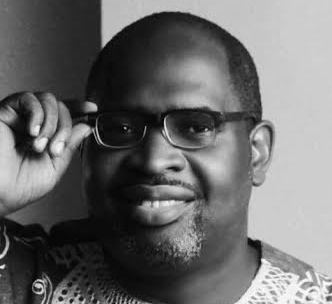

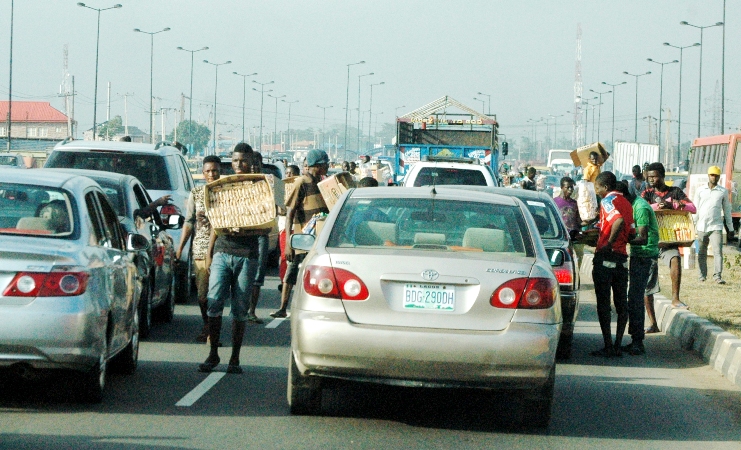


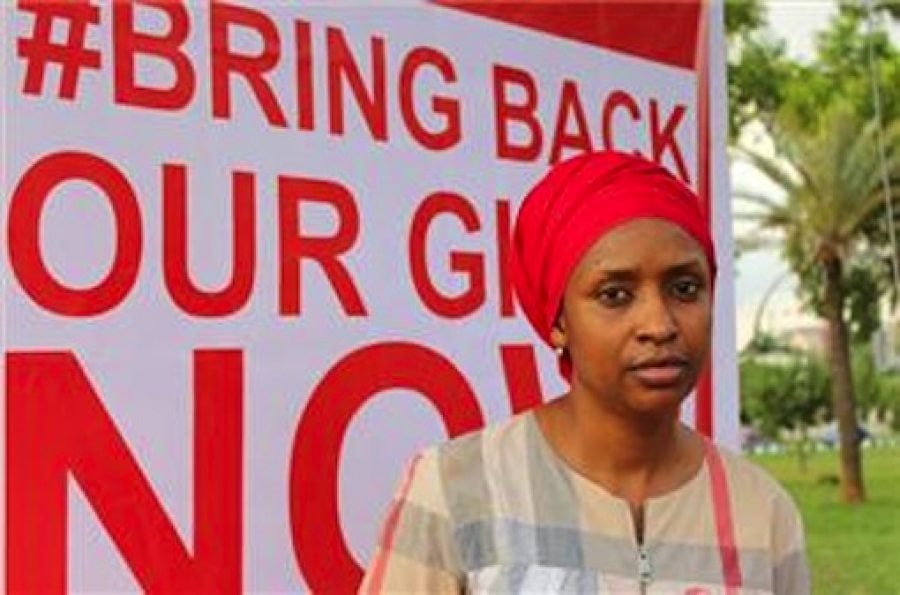
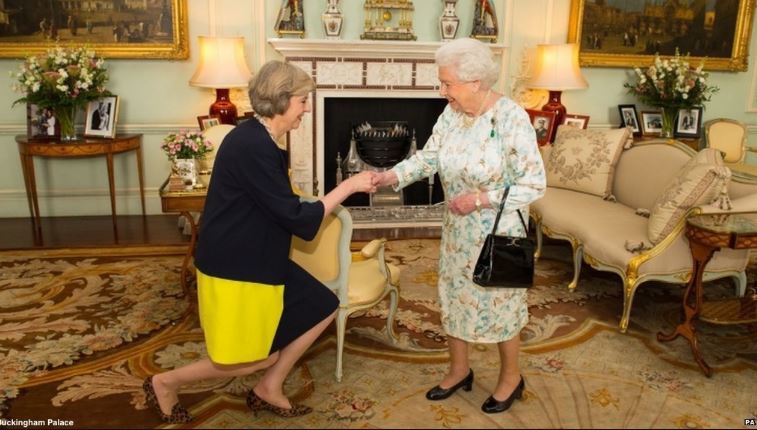
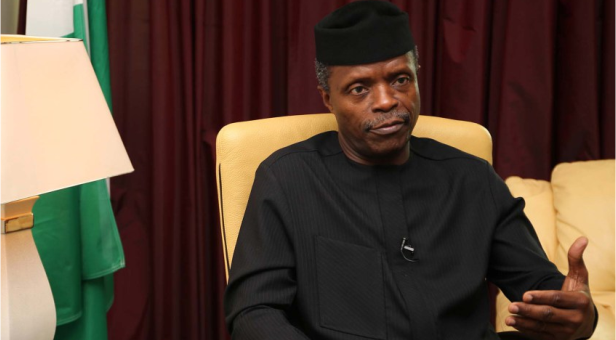
If Yomi Fawehinmi had an appointment, he wouldn’t be writing all this. He’s been wailing since the appointments started rolling in. PMB should give him an appointment so we can have one less self-serving Wailer out of the way.
@Safeeyah, it is mindset and attitudes like this that you have expressed which has kept us where we are as a nation. I do not blame you many of our respectable men and women have compromised in the past but I know Yomi and we are irrevocably committed to progressive change in this nation. Nigeria will not remain like this forever whether cynics, wicked people and sycophants like it on not. All it takes wickedness to prosper is for good people to be silent and for the people to do nothing accepting as their fate! Ask yourself is what Yomi saying true? Then support it or offer your own way forward or better alternative instead of describing a well thought out view as wailing! Nigeria shall be great but we all must say more and do more.
Thank you for this article, Yomi. I know your passion for education and share your frustration over the inaction in the sector. There is a crisis in education and you have outlined the present realities – out of school children, poor learning outcomes, inadequate funding etc When there is a crisis, there must be action and we who work in the sector cannot see anything being done to improve the sector. The honorable Minister should please let us know his intentions. I have never heard him espouse any plans for the sector.